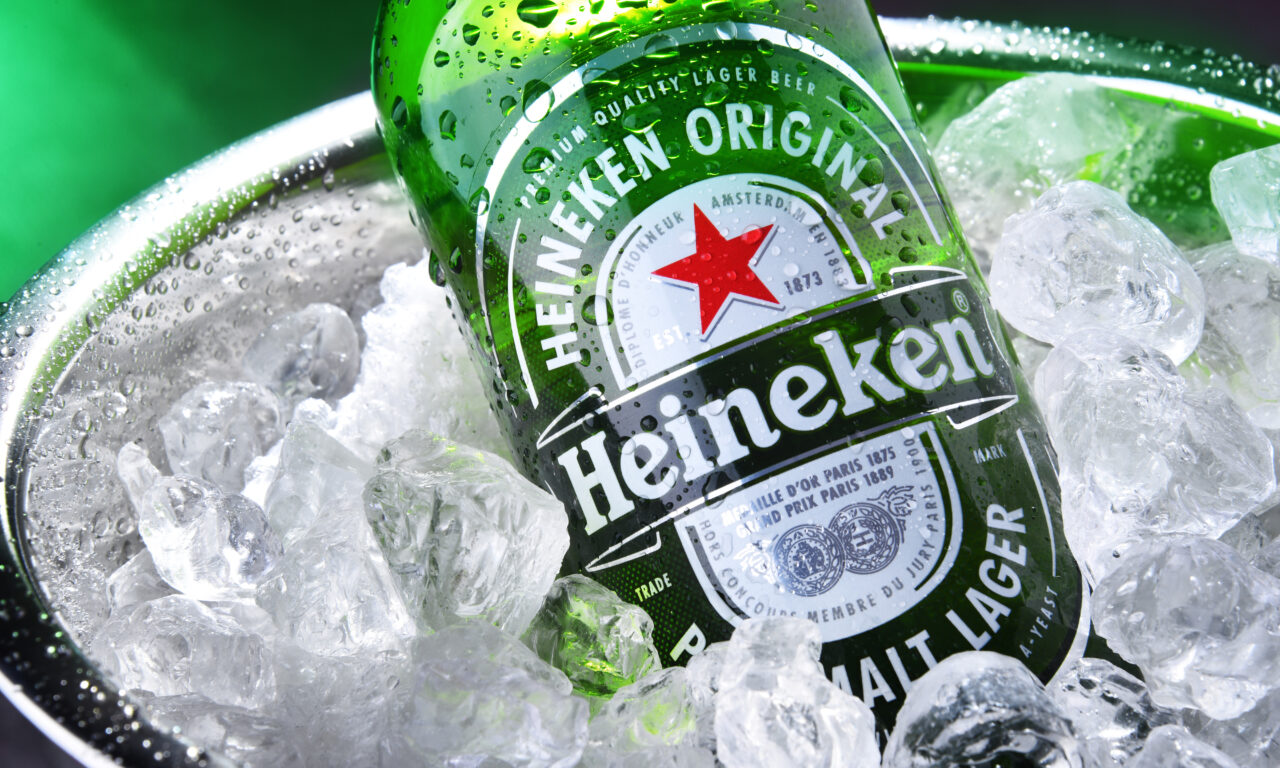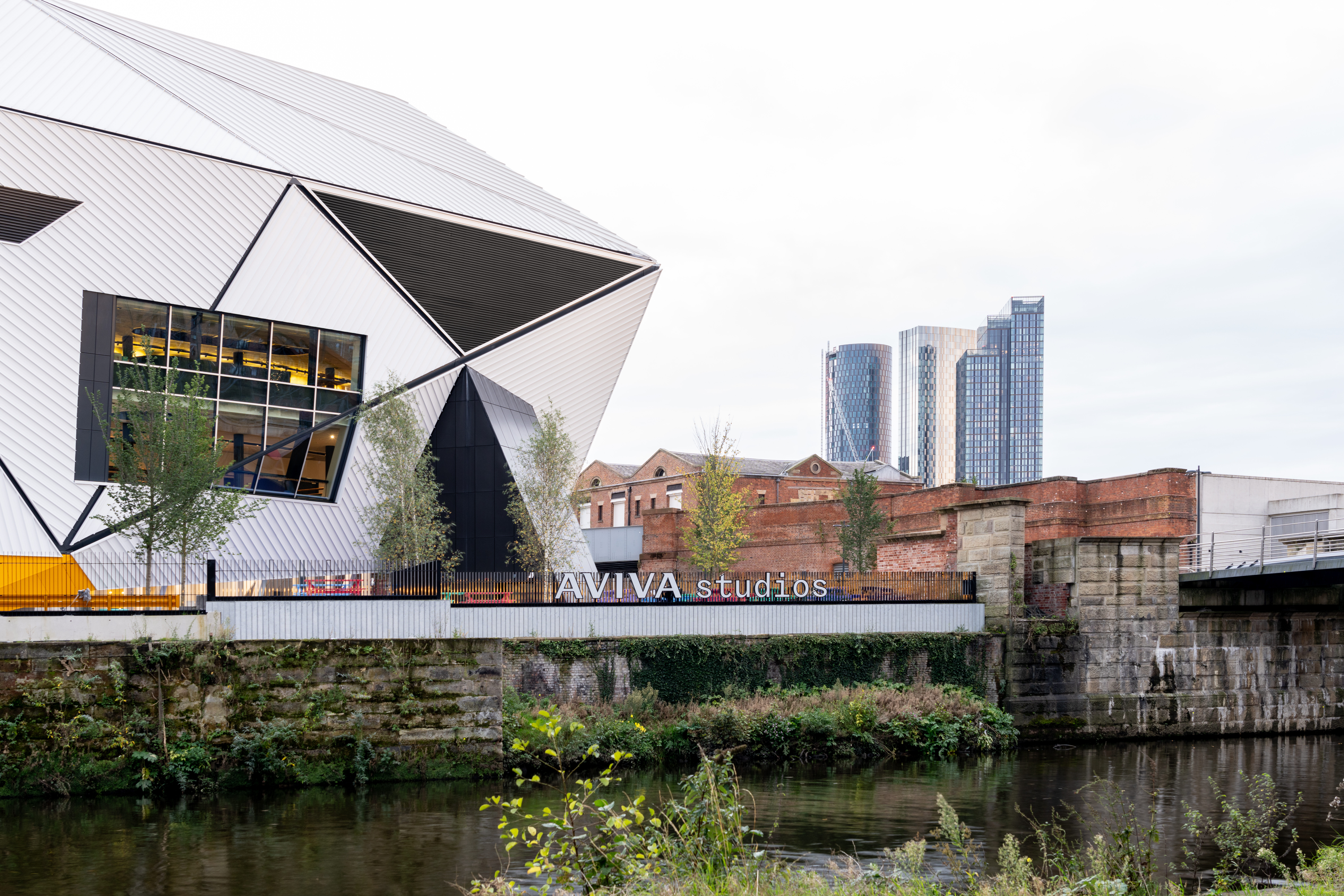Have you forgotten about memory?

You are standing at the bar with your friends deciding what beer to enjoy after a tough week. Of all the choices on tap, that bright green logo with the red star stands out. You’re not sure why, but you point to it for the bartender. Little do you know, all the UEFA Women’s Euro tournament coverage has subtly but surely inundated you with imagery and messaging for all of UEFA’s Official Global Sponsors, including Heineken.
The ultimate goal of every sponsorship is to get more people to buy your brand’s product or service, and the best way to increase these sales numbers is to ensure your brand is top of mind when making a purchase decision. This can be accomplished through several avenues, including traditional activations such as perimeter board ads and TV spots and less traditional activations like community-based programming and charitable works.
While attributing increased sales directly to sponsorship investment is not an exact science, understanding how fans respond to sponsorship activations becomes critical to unlocking an effective sponsorship strategy. Recent studies have delved into memory in marketing and, specifically, what type of memory is needed to achieve your brand’s sponsorship goals.
To this end, there are three types of memory: sensory, short-term, and long-term.
Sensory memory
This memory form includes elements of taste, smell, and most prominently found in marketing, sound. Think catchy jingles for TV adverts or rousing anthems like “Sweet Caroline”. Sensory memory has also come to encompass the tone or voice of the brand. A strong enough brand tone can even go so far as to replace the brand name, as in the case of Coca-Cola’s Christmas campaign, with their polar bears, Santa Claus, and glass bottles. Anyone would see that imagery and know the brand without seeing the name.
Short-term memory
This form of memory in marketing is concerned with the ability of a fan to retain information long enough to complete a task or, ideally, to transfer the information to long-term memory. For example, the fan remembering a code long enough to enter it in their phone to get a product discount or a free giveaway. But the most sought-after memory type in sponsorship is long-term memory.
Long-term explicit memory
Explicit long-term memory is a fan remembering part of the event experience, like a pre-match activity in the fan zone or remembering specifically that your brand sponsored that pre-match activity. This is measured through recall and recognition. Recall asks, “Do you remember which brand sponsored this event?” While recognition asks, “Which of the brands on this list sponsored the event?”. While easier to measure, explicit memories are challenging to create sustainably, which is why implicit long-term memory is just as viable of a goal as explicit.
Long-term implicit memory
Implicit long-term memory is a fan remembering the event’s sponsor without having a reference to the event. It is brand awareness without the context of the sponsor relationship. It is that fan standing at the bar with a plethora of choices in front of them. They likely don’t even consciously link Heineken with the England Women’s momentous victory, but they point to that bright green logo on tap because somewhere in their mind, that link is there.
There are merits to building brand awareness through explicit memory, but this does not need to be the primary goal of a sponsorship. Heineken doesn’t need fans to remember that they are a sponsor of UEFA; they just want to be the beer in your pint glass. The sponsorship contributes to the fan’s awareness of the brand and therefore builds implicit memory, which puts Heineken at the top of mind even when there is no reference to UEFA.
In the end, the goal for most sponsorships is ultimately to drive sales. But the most effective sponsorship strategy should focus on creating a strong enough impact on fans to the point where they don’t need the context of the sponsor relationship to make their purchase decision. In this way, tapping into fans’ implicit long-term memory is critical to achieving a successful sponsorship.
A few ways to create a memorable campaign is by fan engagement and engaging local communities on a national scale.









